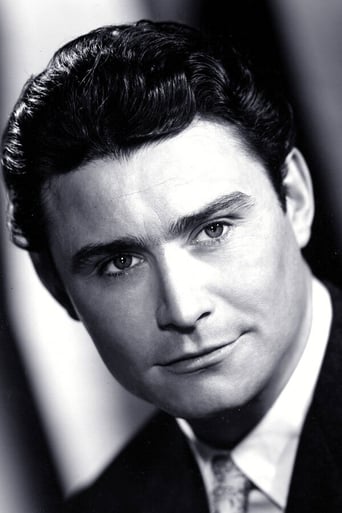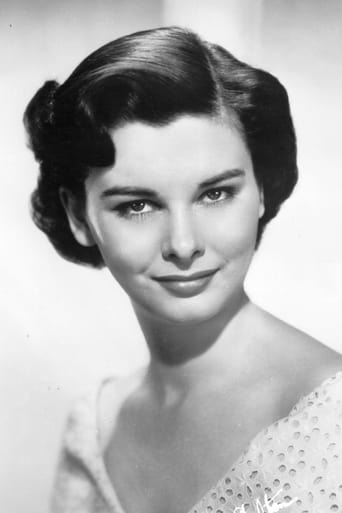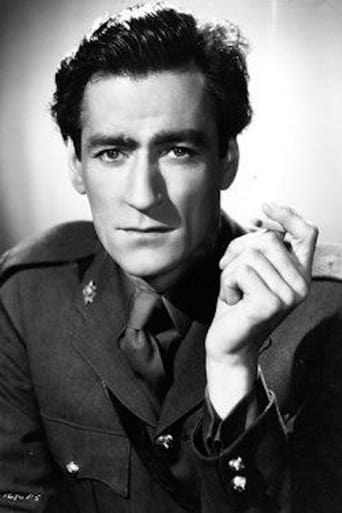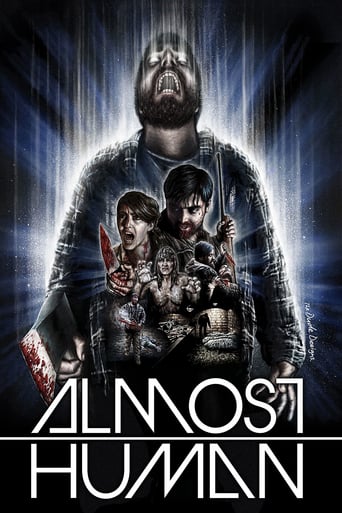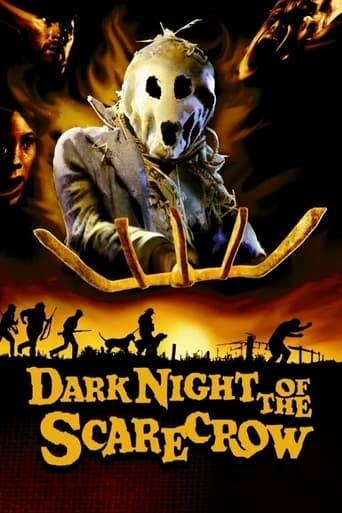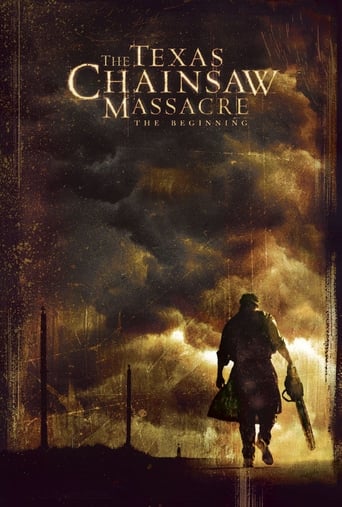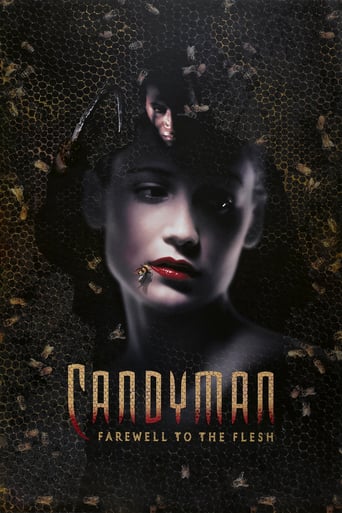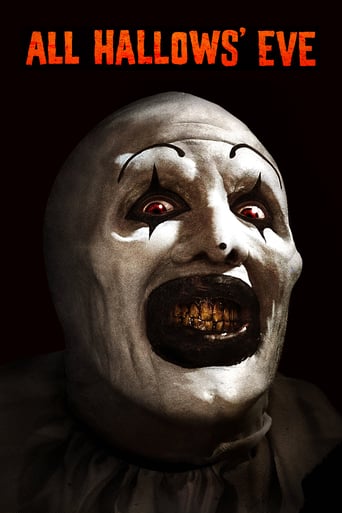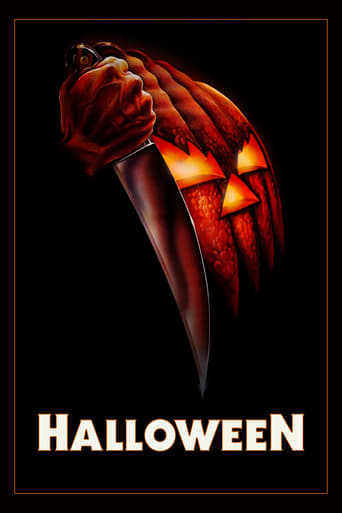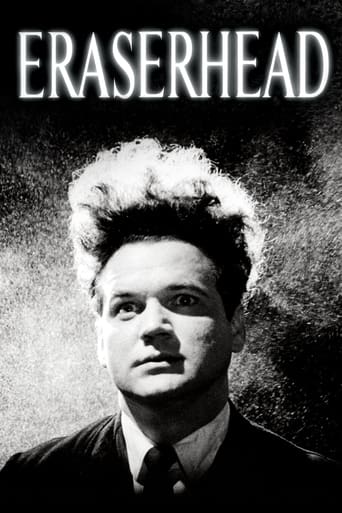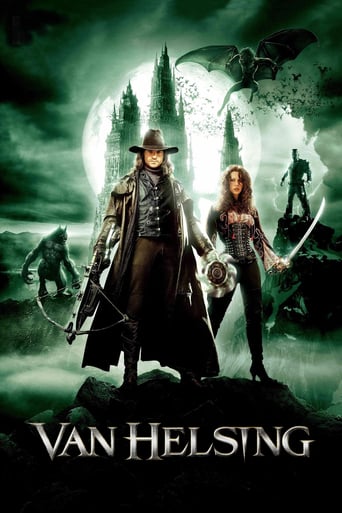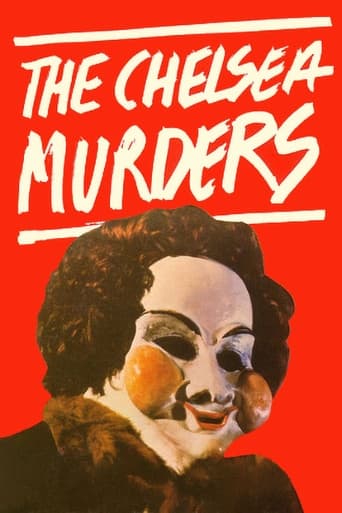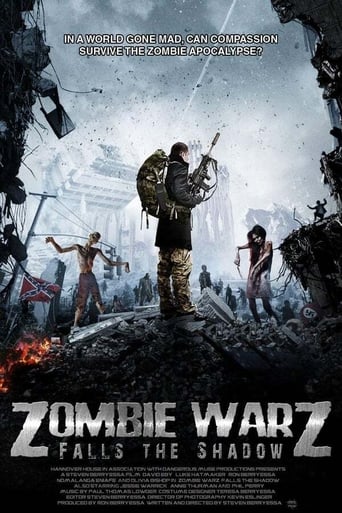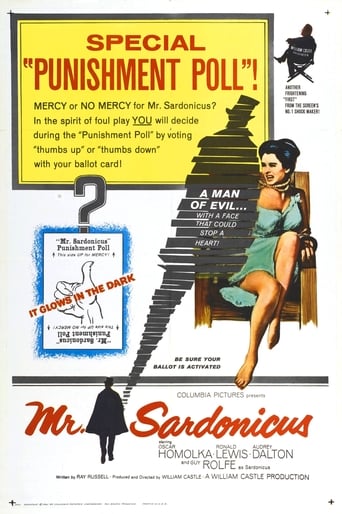
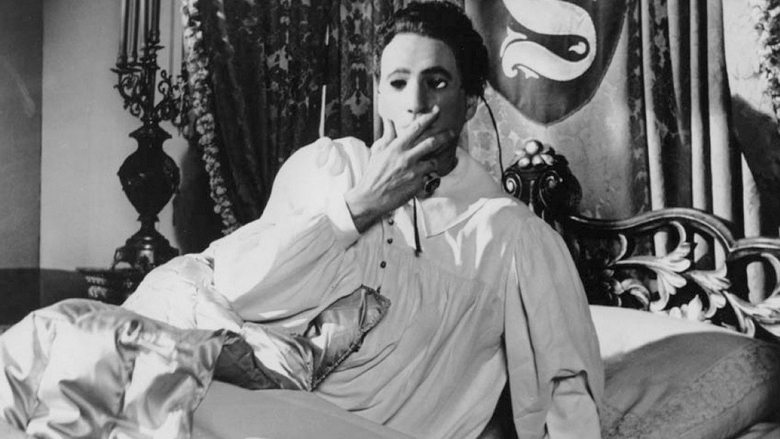
Mr. Sardonicus (1961)
A search for a winning lottery ticket in his dead father's grave causes Sardonicus' face to freeze in a horrible grimace, until he forces a doctor to treat his affliction--with even more grotesque results! The audience gets an opportunity to vote--via the "Punishment Poll"--for the penalty Sardonicus must pay for his deeds...
Watch Trailer
Cast


Similar titles
Reviews
Touches You
Please don't spend money on this.
Instead, you get a movie that's enjoyable enough, but leaves you feeling like it could have been much, much more.
what a terribly boring film. I'm sorry but this is absolutely not deserving of best picture and will be forgotten quickly. Entertaining and engaging cinema? No. Nothing performances with flat faces and mistaking silence for subtlety.
Like Castle's 13 Ghosts, this movie really looked terrible on TV. Since the audience certainly can't vote or wear special glasses, I can see why it is rarely if ever shown on TV or released widely on video. The small TV picture also seemed to make the frozen grin of Sardonicus look very cartoonish and funny so I laughed in all the wrong places. Of course I am too young to have ever seen either film in theaters, but I'm sure laughs from the audience there would be rare. The reaction his wives had to his deformity was very frightening and effective. If only his makeup could look more natural and convincing. More low key approaches to revealing how ugly he looked would have worked better, I think.
Guy Rolfe in the title role and Oscar Homolka as his Igor like assistant highlight the film Mr. Sardonicus. A search for a lottery ticket in the grave of his father turned out to be a frightening experience causing Rolfe's face to freeze in a smiling grimace. As he was already one nasty dude as the local nobility this causes the people of his fiefdom to have as little to do with the castle as possible.Ronald Lewis is a visiting British physician conducting experiments with various exotic plants that are poisonous. Some of them might have healing properties. Will they work for the man now known as Mr. Sardonicus. Even Rolfe's wife Audrey Dalton won't kanoodle with him as he's that repulsive.Guy Rolfe played many a cruel villain, some well known examples are in Ivanhoe as Prince John and King Of The Khyber Rifles. In this one however the man truly has had nature affix his loathsomeness on his face. As for Oscar Homolka that deep voice and the bushiest eyebrows on cinema with the possible rival of Donald Wolfit for that title gave him a lock on all kinds of ethnic European types. Good thing Mr. Sardonicus came late in his career or he might have been typecast in horror films and not as good as Mr. Sardonicus.William Castle who always liked gimmicks in his film, the better for people tear themselves away from the little screen in their homes had the audience allegedly 'vote' for Rolfe's fate. I like it fine the way it was, we're not sure just how much good doctor Lewis played in him winding up the way he was and that's as it should be.
I like to say the Gothic Age of Horror ended with "Psycho." While that film did drag horror into the modern day, spooky castles and foggy graveyard have never truly gone out of style. No less a forward-thinking fellow then William Castle, who had just ripped off "Psycho" earlier in the year with "Homicidal," looked back to the Gothic Age with "Mr. Sardonicus." Set in 1880, the world is presented as on the edge of the modern age, advancing medicine ending the dark ages forever. The English hero is called away to an obscure, eastern European country to serve a mysterious baron named Sardonicus."Mr. Sardonicus" isn't necessarily a great film but it does have a great villain. The movie holds off on introducing its titular character, glimpsing him in shadows. When Sardonicus finally appears, wearing an emotionless doll's face, he holds the entire room in his grasp. His strong, but quiet voice, commands all around him. Baron Sardonicus is sadistic and calculating, willing to inflict all manor of cruelty for his own well-being. When we finally see his grotesque rictus grin, it's only an outward expression of his inner corruption. It's easy to imagine Vincent Price or another great horror thespian going gleefully over-the-top in the part. Instead, Guy Rolfe speaks softly but deeply, commanding his manor with strong word and a stronger will. Rolfe's best moment is when he turns on his wife. The script makes it clear that Sardonicus is evil because of his action but, when Rolfe says his wife is revolted by his face most of all, you believe him.The film makes a fair go at foggy atmosphere. Castle even gets a inventive at time, like the camera circling around a wagon wheel. The graveyard, with its gnarled weeds, is a great set. On Blu-Ray, it has an intentionally artificial feel to it, recalling Bava's "Black Sunday." The torture chamber looks awesome and the torture is surprisingly explicit for the time. Most of the film is too brightly lit, too uniformly shot to be truly atmospheric. Except for one stand-out sequence. A flashback midway through the film details Sardonicus' origin story. He digs through the graveyard, his body bathed in shadow, fog swirling around him like a cyclone. The atmosphere builds fantastically, climaxing with the reveal of the villain's twisted face. Though the make-up is implausible, and causes a major plot hole at the end of the film, it still leads to a great shock.Rolfe easily overshadows the rest of the cast. Ronald Lewis is a fine lead, more empathetic then you'd expect. Audrey Dalton and Erika Peters are both fine scream queens, with Dalton even standing up to Rolfe several times. The second best performance in the film is Oscar Homolka as Sardonicus' one-eyed henchman, a pragmatic man almost as cruel as his master. Even Castle's best films have a little campiness in them. "Mr. Sardonicus" has a moment where the sleeping hero is haunted by the visions of the other characters in the film, their heads floating over his bed.The movie's gimmick was the "Punishment Poll." The ad copy went that the audience would vote on one of two endings, one in which Sardonicus lives, and another in which he is punished for his crimes. Whether or not the second ending was even filmed, it's clear there was never any intention to use it. William Castle reappears for the epilogue, denoting the villain's evil, and counting votes from an imaginary audience. Though unerringly awful throughout the story, the one flashback shows him as a normal man, normal enough that his transformation into a villain almost seems impossible. Either way, his final fate is rather poetic, cured of his condition but starved to death by his psychological baggage. "Mr. Sardonicus" is a fun one, an entertaining exercise in Gothic funhouse chills.
The premise is tight - a man struggling to keep love from flying out the window happens upon some luck when his dead father is buried with what turns out to be a winning lottery ticket. When the man digs up the body and retrieves the ticket, he is cursed and deformed so that his countenance matches that of the corpse. The man becomes a rich baron with his lottery winnings but can find no happiness given his deformity. A doctor is beckoned to the Baron's castle and that is where things get interesting as the doctor eventually is commissioned under duress to find a cure for the baron's condition. This film opens with a prologue (like many of the Castle horror films) and I would say that this prologue is the best because Castle positions himself into the milieu of the diegetic. That being said, he doesn't mention the gimmick employed for the film (maybe for the best). The direction of Castle is very good with lots of mobile framing, good staging/blocking and adept lighting setups for creating the right mood. My favorite part of this film is the dialogue, especially the witty banter of Baron Sardonicus. The narrative is compelling and much of the direction aids in building a psychological identification for the spectator (echoes while dreaming and daydreaming, pov shots, and some cleverly distorted floating heads!). There is also a creative and dramatic use of depth of field. As engaging as it is, there are still some elements to the directing and script that I found wanting. Things start to get a little too talky and I couldn't help but feel Castle was compelled to make a few poor choices due to his long career in directing terrible historical melodramas with Sam Katzman. However, this doesn't excuse the weakness of the gimmick (the Punishment Poll). Ironically, for all the plot contrivances in Castle films this time it is his gimmick that is most contrived... and totally unnecessary. In a Stuart Gordon interview it would become apparent that there were not two endings, but John Waters seems to believe that there would have been (the jury is out I guess). Despite the gimmick for Sardonicus being a failure, the spooks in the film are genuinely creepy and the film is a complex addition to Castle's horror for its self-reflexive themes (or intentionally lack thereof - think about the use of mirrors). Two other strengths of this film (and I am guilty of not often highlighting such elements in my reviews) are the adept use of sound which heightens the creepy mood and also the casting of Ronald Lewis as Sir Robert. If you watch Keanu Reeves in Dracula and then Lewis in this film, you will quickly question what was wrong with the British film industry in the 50s and 60s that an actor like Lewis with his Hasselhof/Reeves looks and straight-man demeanor would end up falling so hard, so fast (he eventually committed suicide in 1982). Sardonicus is one of the better Castle films with one of the worst gimmicks.


